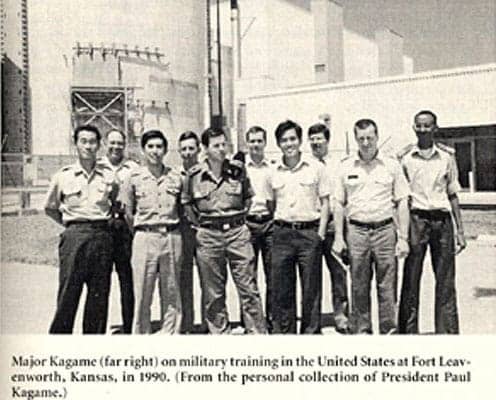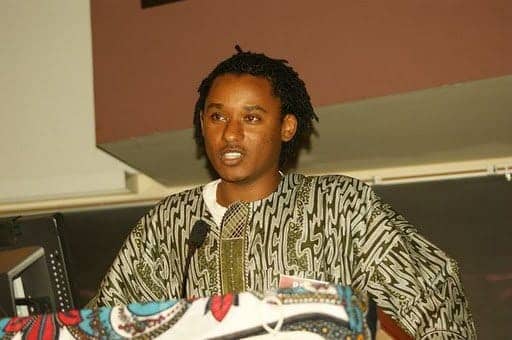by Ann Garrison and Claude Gatebuke
KPFA Evening News, broadcast April 13, 2014
Twenty-four years after the Ugandan invasion of Rwanda in October 1990, both the history of the four-year war that followed and realities of life on the ground in Rwanda today are fiercely disputed. Claude Gatebuke survived the violence and founded the African Great Lakes Action Network (AGLAN) to promote truth and reconciliation in Rwanda and the rest of the Great Lakes Region of Africa.
Transcript
KPFA Evening News Anchor Anthony Fest: The United Nations commemorated the mass killing that came to be known as the Rwandan Genocide on Monday, April 7, which is also the official commemoration day in Kigali, Rwanda. There are many points of disagreement between the official narrative and that told by dissidents, including Ed Herman, Robin Philpot and International Criminal Tribunal on Rwanda defense attorneys Peter Erlinder and Christopher Black.
There is also great disagreement about life in Rwanda today, 24 years after Ugandan troops invaded and 20 years after the infamous 100 days of 1994. KPFA’s Ann Garrison has more on Rwanda today.
KPFA/Ann Garrison: Former President Bill Clinton, speaking to the BBC last year, said that he was willing to tolerate suppression of democratic and civil rights in Rwanda and human rights in the Democratic Republic of the Congo because Rwanda has come so far and no situation is perfect.

Others say that Rwanda’s much lauded development has concentrated wealth in the hands of a tiny urban elite while the rural majority continue to suffer in poverty and that President Gen. Kagame’s wars in the Democratic Republic of the Congo have cost far more lives than were lost in Rwanda’s tragedy. They include Professors and Africa scholars Emmanuel Hakizimana and Brian Endless, imprisoned 2010 presidential candidates Victoire Ingabire and Bernard Ntaganda, and Rwandan Genocide survivor Claude Gatebuke. Here’s Claude Gatebuke:
Claude Gatebuke: The major concern is the lack of respect for human life and human rights, fundamental rights. People continue to be pursued inside and outside of the country for simply disagreeing with the government.
A number of individuals have been assassinated, including on New Year’s of this year … a dissident colonel was killed in South Africa. And so being in Rwanda is almost like being in a prison because they have total control of you and can control your opinion, and if you dare express anything that is dissenting of the government, you can be killed, you get disappeared or you go to jail.
Being in Rwanda is almost like being in a prison because they have total control of you and can control your opinion, and if you dare express anything that is dissenting of the government, you can be killed, you get disappeared or you go to jail.
KPFA: Gatebuke also spoke to the existing Rwandan government’s crimes in the Democratic Republic of the Congo.
Claude Gatebuke: The other concerns are the invasions of the Congo. The Congo has lost almost 10 times as many people as we lost in Rwanda. Over 6 million people have been killed, mostly by troops from Rwanda.
Reports like the U.N. Mapping Report that came out in October 2010 and the recent reports showing the involvement of the Rwandan government not only in the killings and raping and recruiting of child soldiers, but also the looting and taking of resources – illegal taking of resources – from Congo.
KPFA/Ann: In Berkeley, for Pacifica, KPFA and AfrobeatRadio, I’m Ann Garrison.
Oakland writer Ann Garrison writes for the San Francisco Bay View, Counterpunch, Global Research, Colored Opinions, Black Star News and her own website, Ann Garrison, and produces for AfrobeatRadio on WBAI-NYC, KPFA Evening News and her own YouTube Channel, AnnieGetYourGang. She can be reached at ann@afrobeatradio.com. This story first appeared on her website. If you want to see Ann Garrison’s independent reporting continue, please contribute on her website at anngarrison.com.






